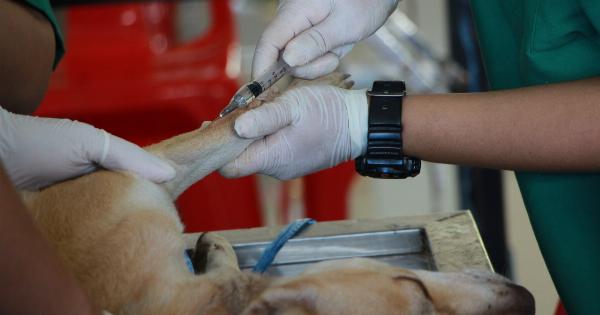When it comes to major surgeries such as bladder removal and coccyx surgery, the recovery process can be long and challenging.
Not only do patients have to deal with the physical pain and discomfort, but they may also face emotional and financial burdens. In such cases, seeking compensation can provide some relief and support.
In this comprehensive guide, we will delve into the topic of compensation for bladder removal and coccyx surgery, discussing the various aspects involved, the legal considerations, and the steps you can take to ensure you receive fair compensation for the physical and emotional damages caused by these procedures.
Understanding Bladder Removal Surgery
Bladder removal surgery, also known as a cystectomy, is a major surgical procedure that involves the removal of the urinary bladder.
This surgical intervention is typically performed to treat bladder cancer, but it can also be necessary in cases of interstitial cystitis or other severe bladder conditions. The recovery process for bladder removal surgery can take several weeks or even months, during which patients may experience pain, discomfort, and a temporary or permanent change in their lifestyle.
Complications and Long-Term Effects
Bladder removal surgery can have various complications and long-term effects on patients. Some common complications include infection, bleeding, blood clots, bowel dysfunction, and urinary incontinence.
In addition to these physical complications, patients may also face psychological and emotional challenges, such as anxiety, depression, and body image issues.
Coccyx Surgery: An Overview
Coccyx surgery, also known as coccygectomy, is a procedure performed to remove the coccyx or tailbone. It is typically recommended for individuals who suffer from chronic coccyx pain or coccydynia that does not respond to conservative treatments.
The recovery process for coccyx surgery can be lengthy and require significant adjustments in daily activities.
Possible Complications and Aftereffects
As with any surgical procedure, coccyx surgery carries certain risks and potential complications. These may include infection, bleeding, nerve damage, difficulty sitting, and even recurrence of coccyx pain.
Additionally, patients may experience emotional distress, such as frustration and disappointment if the surgery does not alleviate their pain.
Legal Considerations for Compensation
Seeking compensation for bladder removal and coccyx surgery can involve navigating complex legal processes. To pursue a successful claim, you may need to prove that medical negligence or malpractice occurred during the surgery.
This can include errors in surgical technique, failure to obtain informed consent, or post-operative negligence in providing appropriate care and support. Consulting with a qualified medical malpractice attorney is crucial to understanding your rights and options for seeking compensation.
Steps to Take for Compensation
If you have undergone bladder removal or coccyx surgery and believe that you have a valid claim for compensation, it is essential to take certain steps to strengthen your case:.
1. Gather Evidence
Collect all relevant medical records, including surgical reports, imaging scans, and post-operative documentation. These records will help establish the details of your surgery and the subsequent complications.
2. Document Your Symptoms
Maintain a detailed record of the physical and emotional symptoms you experience as a result of the surgery. This documentation will prove crucial in assessing the impact on your daily life and functioning.
3. Consult with an Attorney
Find an experienced medical malpractice attorney who specializes in surgical negligence cases. They will guide you through the legal process, help you understand your rights, and provide expert opinion on the strength of your claim.
4. Negotiate with Insurance Companies
Insurance companies may try to settle your claim for a lower amount than you deserve. With the assistance of your attorney, negotiate a fair settlement that adequately compensates you for the damages incurred.
5. Consider Legal Action
If negotiation fails to produce a satisfactory result, your attorney may advise you to file a medical malpractice lawsuit. This step could ultimately lead to a jury trial, where a verdict determines the amount of compensation you receive.
Importance of Seeking Compensation
Seeking compensation for bladder removal and coccyx surgery is essential for several reasons:.
1. Financial Support
Compensation can help cover medical expenses, rehabilitative costs, lost wages, and any other financial burdens resulting from the surgery.
2. Acknowledgment of Damages
Receiving compensation acknowledges the physical and emotional pain you have endured due to medical negligence or malpractice.
3. Holding Medical Professionals Accountable
By pursuing a claim, you contribute to holding healthcare providers accountable for the quality of care they provide and potentially preventing similar incidents from happening to others.
Conclusion
Compensation for bladder removal and coccyx surgery is an important avenue for individuals who have suffered physical, emotional, and financial damages due to medical negligence or malpractice.
By understanding the legal considerations involved and taking the necessary steps, you can pursue fair compensation and seek the support you need to move forward in your recovery process.



























